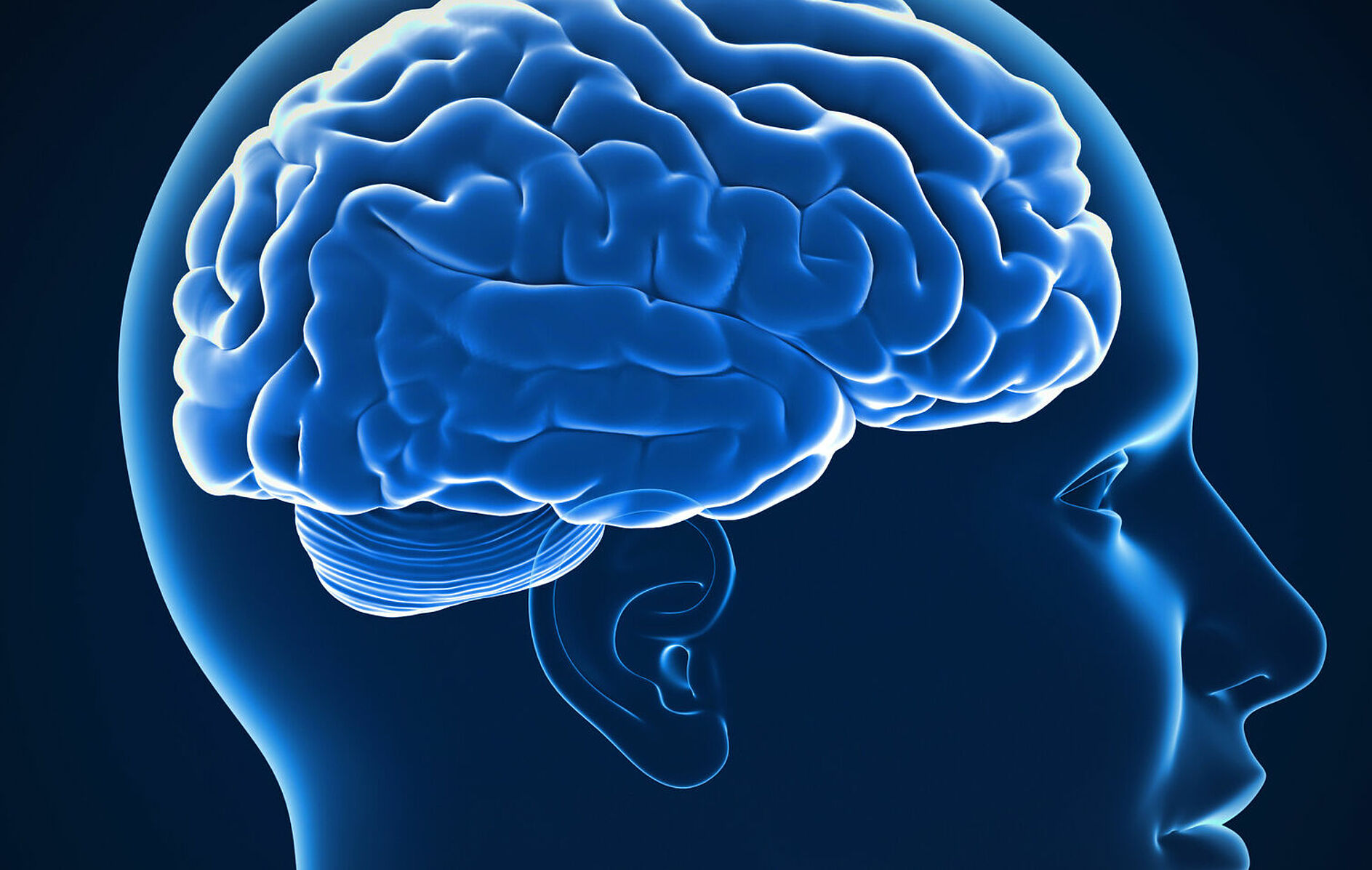Subjective suspicions
An article in „Lancet Neurology” describes the state of research on “Subjective Cognitive Decline”.

When memory deteriorates according to one’s own perception, but objective testing shows no evidence of cognitive impairment - then this is referred to as “Subjective Cognitive Decline” (SCD). Can such personal perceptions contribute to the early detection of dementia? In the journal “Lancet Neurology”, an international group of experts led by DZNE researcher Frank Jessen describes existing findings and perspectives for future research.
“Studies suggest that people with SCD have an increased risk of developing dementia. However, the majority of individuals with SCD do not experience progressive memory loss. SCD alone is not sufficient evidence for a developing dementia. In combination with so-called biomarkers for Alzheimer’s disease, however, it will in future be possible to identify who is at risk of developing dementia and who is not”, said Jessen, a senior DZNE scientist and a director of the Clinic and Polyclinic for Psychiatry and Psychotherapy at the University Hospital Cologne. “At the DZNE, we are conducting one of the largest projects, the DELCODE study, to determine whether SCD is suitable for early detection of Alzheimer’s. We hope that this will establish the basis for very early treatment in the future.”
Original publication
The characterisation of subjective cognitive decline.
Frank Jessen et al. Lancet Neurology (2020).
DOI: 10.1016/S1474-4422(19)30368-0
February 2020
